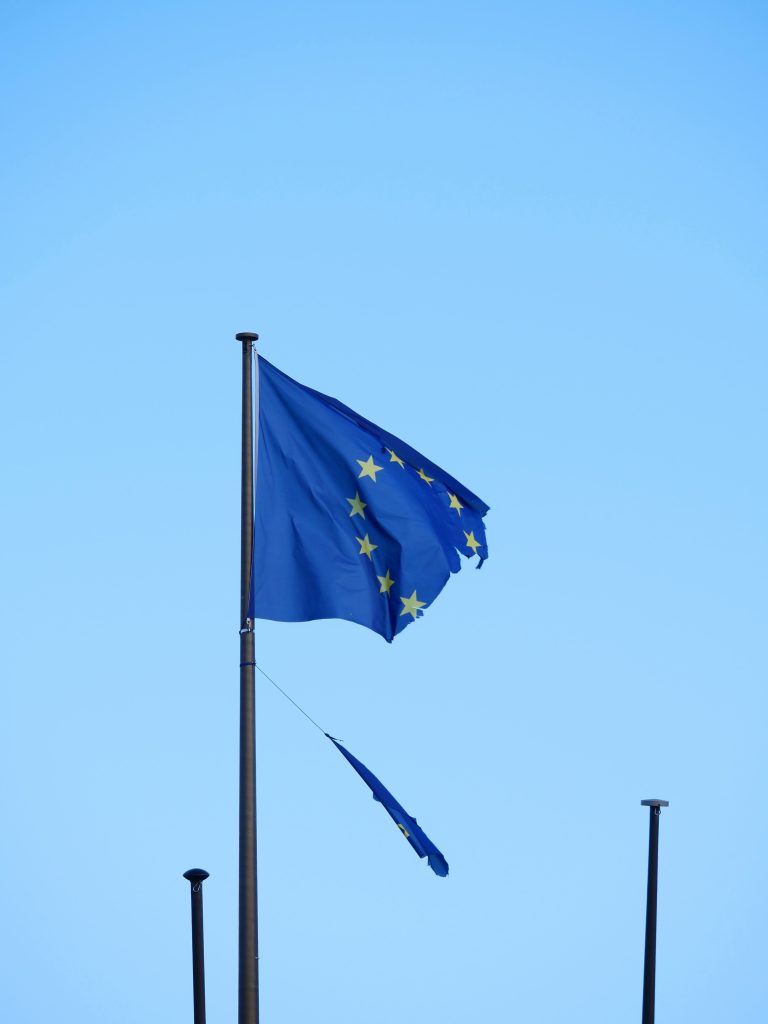European Political parties: the missing link

The next European elections will take place in 2014. Why, then, should we be interested in European citizens’ participation in this vote today? The answer is simple: if we want to reverse the trend of declining participation over the last thirty years, while paradoxically the European Parliament has continued to gain power within the European institutions, we must act now.
Above all, the question of the relationship between citizens and European institutions deserves better than to be raised, at best, every five years. Stimulating European debate at both EU and Member State level, as well as clarifying and politicising European issues, are essential for the vitality of European democracy on a daily basis.
Changes within the European Parliament itself and in the way it is elected can certainly contribute to improving democratic practice in the Union. Alongside this text by Julian Priestley, Our Europe is publishing an essay by Andrew Duff containing a series of proposals along these lines.
But much can and must also be done to improve the functioning of European political parties, which, despite their limitations, remain the essential vehicles for democratic debate and citizen choice. Julian Priestley’s publication is therefore a useful reminder of the essential reforms that parties should undertake in order to prepare themselves to fully assume this responsibility.
These two publications by Notre Europe do not, of course, exhaust the subject. Most of the proposals will undoubtedly be enriched after discussion and further consideration. But they fuel a debate that must take place, otherwise we risk remaining stagnant in the coming years… until the next election or referendum once again – but too late – sounds the alarm bells about the solidity of the European project.




